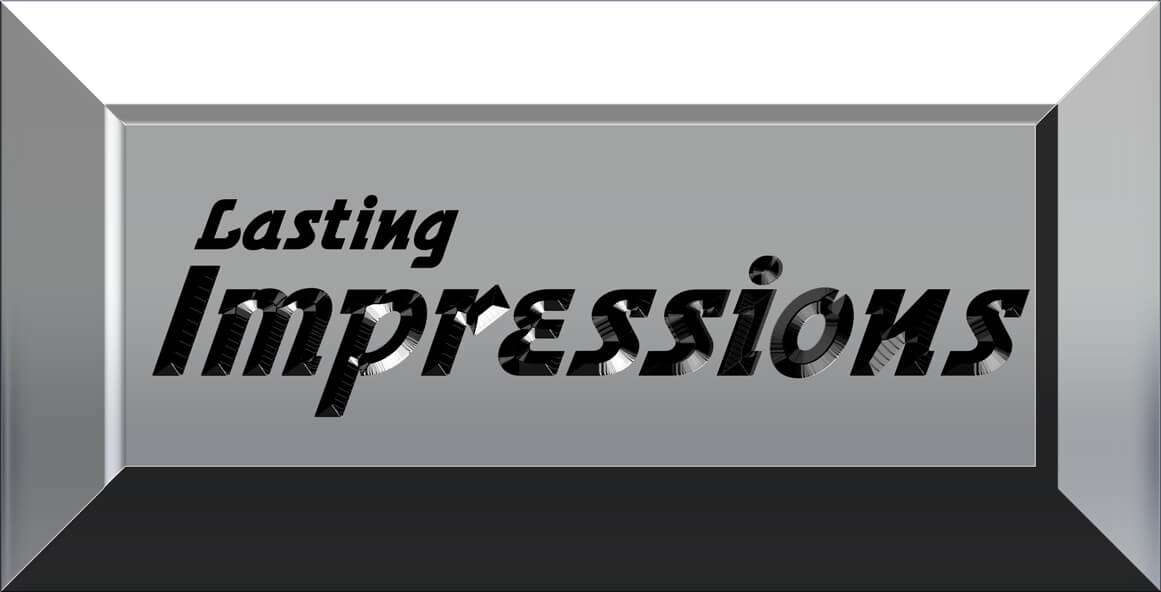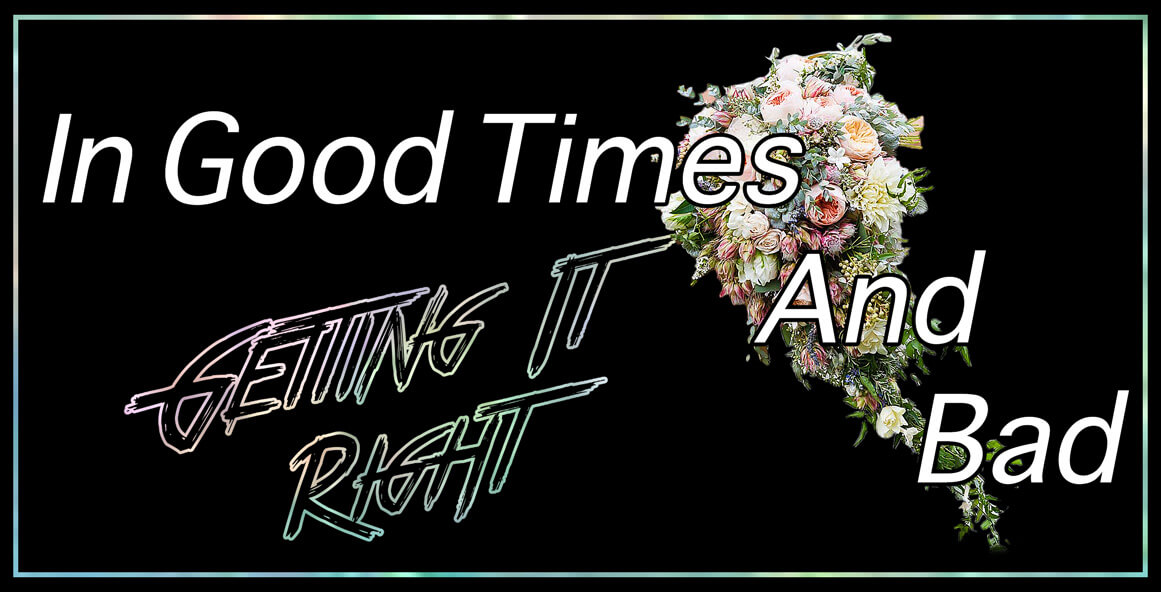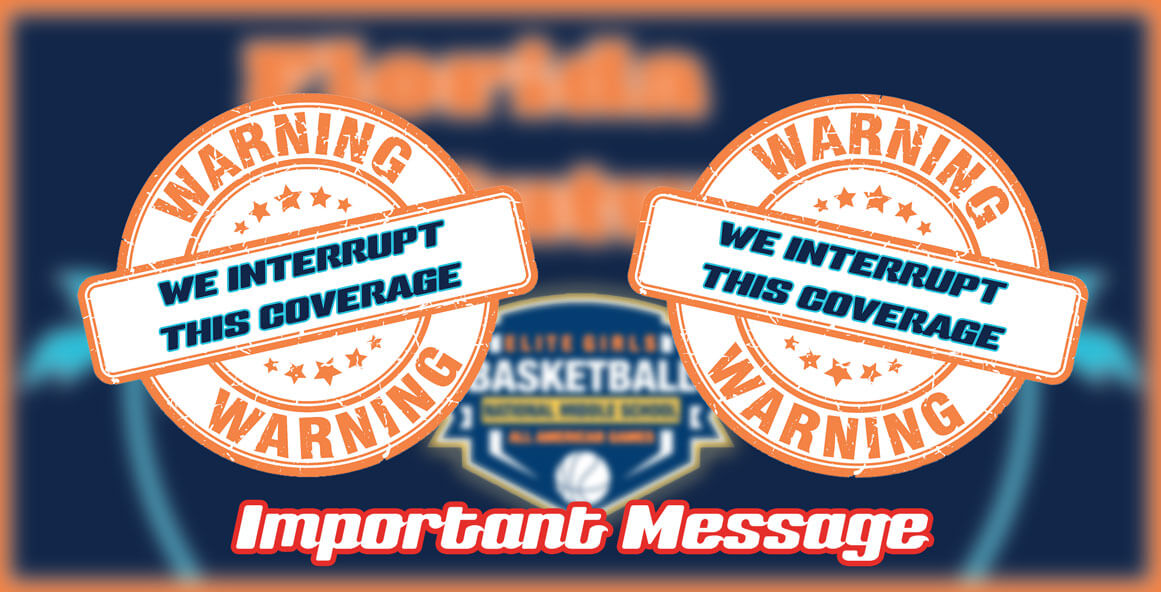“Beware the Ides of March”
It’s March when college basketball takes center stage in America and if it could the NCAA would stop the clock to hide from the spotlight. “March Madness” created all of this…the attention, the success, and the greed. We didn’t heed the warning signs as the sport was growing in popularity.
I was in Boston for the MIT Sports Analytics Conference when college basketball melted…again. Round 2 of October’s FBI College Basketball probe…but Round 67 or 750 of coaches being caught paying players.
Every decade had it’s examples and even the best to ever blow the whistle couldn’t escape the allegations.
Last night at Teatro in Boston while drinking red wine and eating the delicious Branzino, I sat trying to explain to my German and Australian colleagues what was going on. I could hear my words but the puzzlement on their faces, said it all, the American college athletic system, is like nothing else in the World and the true issues that exist are rooted into a much bigger American societal issue — Race and Class warfare.
Only in America, can 16 year old’s get paid to play baseball or hockey or act, sing and model and they are hailed as prodigies but if they are black and play basketball it’s a problem and while many will be offended with that statement it’s reality.
This is where the true paradox lies.
The American university/college system and collegiate athletics were built for the societal and economic elite.
College athletics was to be about Frank Merriwell, not DeAndre Ayton. Each University struggles with this.
On one hand, they want to portray, elite status that resonates with alumnae who relish in their inclusion of this exclusive club who both had the privilege to afford said institution and environment to ensure their path…
But it didn’t stop there, they want more…more status,more donations, more admissions and what better way to accomplish this but through the marketing of athletics. Oh, and more money. No one complained about college athletics prior to it’s overt attempt to commercialize it. Then the exploitation was unable to be hidden for any longer.
The concept of paying black athletes goes completely against the foundation that many of these schools was built on. Many of these schools have rooms and statues hailing what we found out many years later to be not very nice people and certainly not beacons for equality. Their view of college athletics is the opportunity to take care of the large donor’s child who is a rower or tennis player and have their face representing the University. The face emblematic of the student body not of the small slice that beat great odds to be on campus in place of the rower’s neighbor.
That same neighbor was able to make hundreds of dollars on a weekend caddying as a 14 year old through tips from his father’s connections. The inner-city 14 year old, doesn’t have those options and an environment bringing about such access to opportunity.
Only here in America, does college athletics live this double-life of a financial juggernaut and protector of class and status.The college scandal attacks this institution.
We have seen too many superhero movies and now are ultra-quick to depict who are the heroes and who are the villians.
Today, Andy Miller is the villain. His profession, the sports agent, bad news — exploiting kids for financial gain.
No one cared when the “street” was the one supporting the talented athletes in the 60’s and 70’s because that didn’t touch the suburbs. It was the local drug dealer putting money in the kid’s pocket, putting food on the table for the family to eat and it didn’t matter to most because it was isolated and it didn’t take away from the suburban kid. Or in the 1980’s when sexual predators preyed on talented inner-city kids setting up club programs to travel the world as they lured these 16 year old’s in their rooms to do unspeakable things.
Be careful of your portrayals.
The same sneaker companies that are funneling money into grassroots basketball live in this dichotomy of hero and villain. They are heroes that allow for opportunities for kids to be off the street playing sport, they have allowed the sport to grow when and where it would not have been able and yet they are exploitative for using perks to gain favor with the exceptional as well as using the child as it’s billboard to sell shoes and merchandise often at prices that the community can not afford.
Colleges don’t seem to have issue with taking the millions from these companies for the access to their athletic teams or bookstores.
It must be really confusing for my International friends.
We worship the great capitalists here in America who made their legacy off of what in many cases was a similar exploitation.
They don’t hear much outrage about Coca-Cola’s exploitation of kids? Or the fast food industry? Or what about Apple’s or Amazon’s? Where is our concern about Volkswagen was lying about it’s emissions polluting our neighborhoods or that Amazon or Samsung or Google that are literally spying on your 8-year-old to find out everything they think about?
In America, the sports industry was built upon exploitation, it’s multiples depend on it.
Pro franchises exploit cities for the best financial deals for their arenas and stadiums. At who’s expense? The taxpayer.
A college basketball system that pays the coach millions and force-feeds its athletes “store-credit” is exploitative. Just as an NFL that was built at the expense of the health of it’s players.
If all of this is not about the business of college basketball, why not pay the coaches with doctoral fellowships or a uniform salary equivalent to the chemistry professor?
In America, we need to reexamine who are heroes should be. Maybe we should treat coaches as people and leave the hero-building out of it.
Parent, journalist, adjunct professor, host-That Bracket Show on SB Nation Radio and former Five-Star Camp CEO. Principal of Klein Sports and Education Consulting. Current clients include; The Highlands Current, Kinexon Sports, Basketball Travelers, and Blue Star Sports Technology. Current member of the USA Basketball Working Group on Youth Development Member: USA Basketball Writers Association, AIPS, AP Sports Editors, NABC and Society of Professional Journalists





